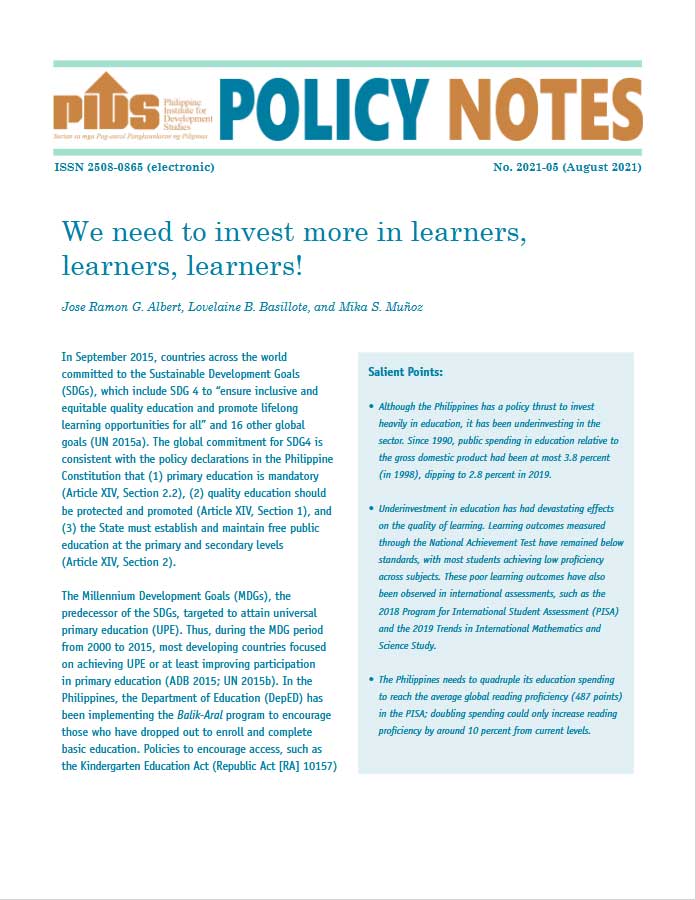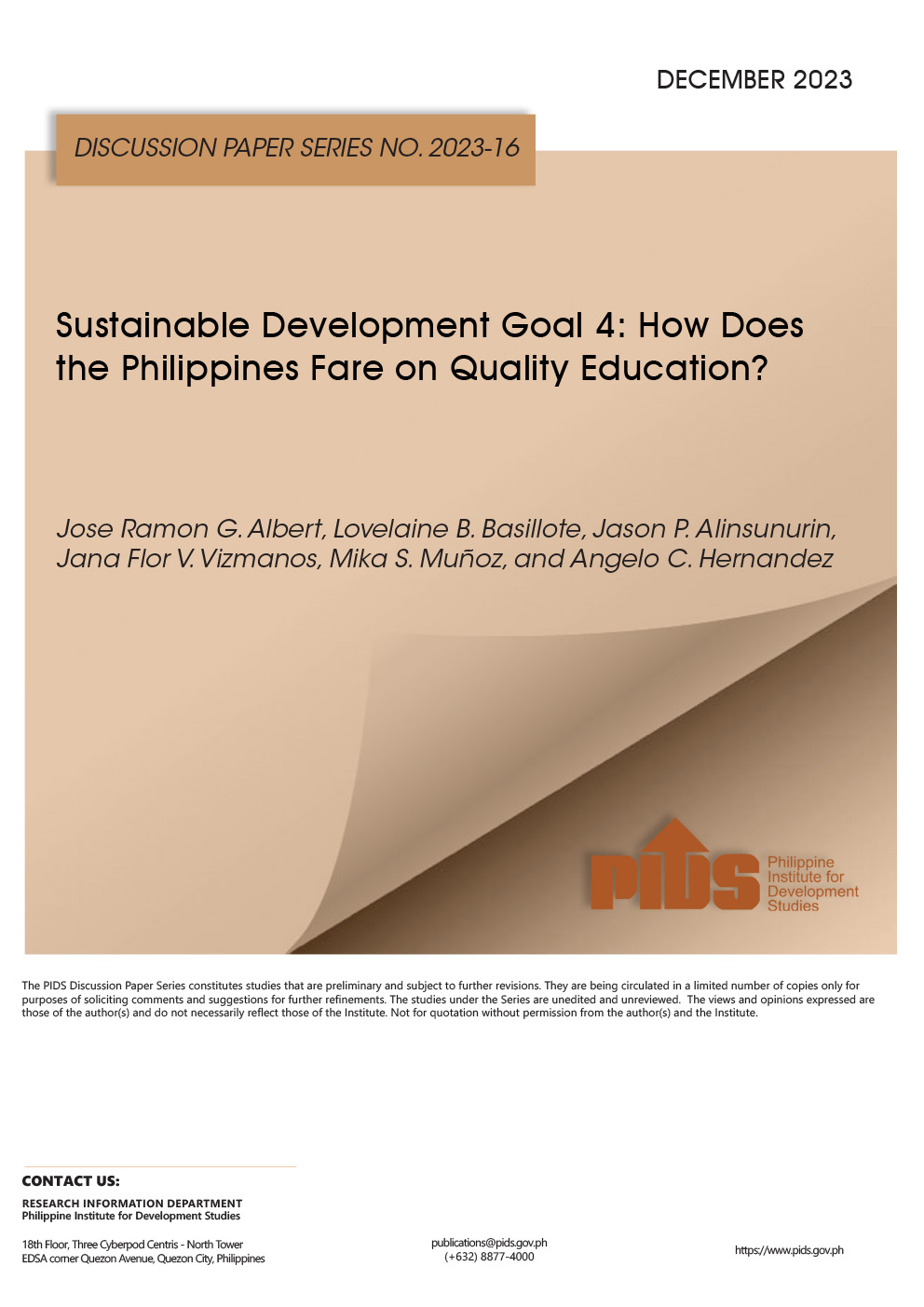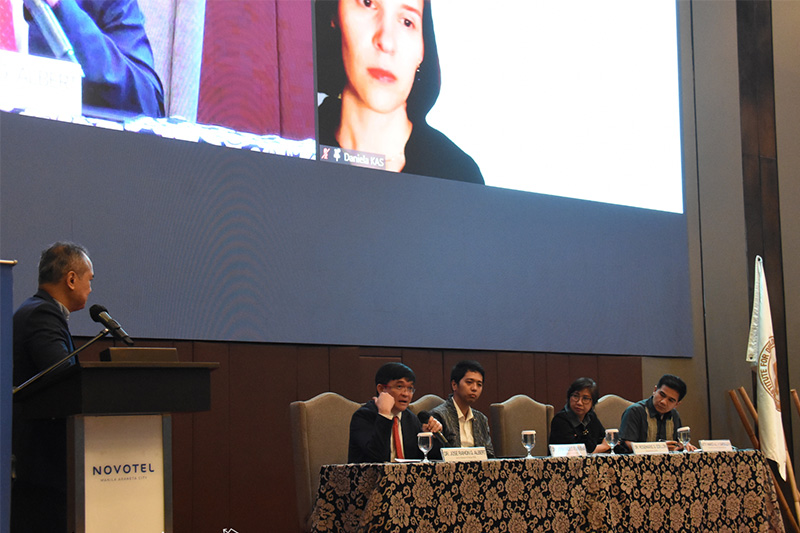THE Commission on Higher Education on Thursday maintained that over P3.683 billion in Disbursement Acceleration Program funds of the state universities and colleges as of Dec. 31, 2013 are "properly accounted for.”
"The annual Commission on Audit report’s executive summary, which was posted on the COA website last March 31, 2015, outlined observations and recommendations on CHEd accounts and operations in 2013,” its official statement sent to The Standard read.
"It also narrated CHEd’s courses of action based on the agreements in the Commission’s exit conference with CoA in September 2014.”
CHEd said they used DAP funds from the Office of the President prior to the Supreme Court’s affirmation of the funds’ unconstitutionality.
On June 27, 2014, letters were issued to and received by the 110 SUCs involved, reiterating the need to submit audited liquidation reports.
"To date, the unliquidated amount in 2013 has been reduced and liquidation reports properly accomplished as of December 2014,” the Commission said.
"Further, the remaining balance or unused funds were automatically reverted to the National Treasury at the end of the said year.”
The Office of the Chairperson of CHEd reacted to a news report anchored on CoA’s Annual Audit Reports for Calendar Year 2013 posted on CoA’s official website that 110 government-owned schools have yet to account for over P3.683 billion in DAP funds.
According to CoA, CHEd received P4.063 billion from the Department of Public Works and Highways, Department of Social Welfare and Development and Philippine Institute for Development Studies (PIDS) in December 2011.
Some P3.825 billion was transferred to the SUCs between July 2012 and December 2013.
At least P238 million went to administrative and other expenses, while Of the amount transferred to state-owned schools, while P3.638 billion or 95.11 percent remained unliquidated as of Dec. 31, 2013 in violation of the rules under CoA Circular No. 94-013 issued on Dec. 31, 1994 and the memoranda of agreement entered into among CHEd, SUCs and other source agencies.
"While CHED has been strictly complying with CoA requirements particularly CoA Circular No. 94-013, it is stressed that each SUC has its own CoA Audit Team to ensure that their expenditures are in accordance with state accounting and auditing rules and regulations,” CHEd’s statement further read.
CHEd said one factor that contributed to the delayed submission of the SUCs’ reports to CHEd was the late release of their audited liquidation reports.
In 2011, the DAP investment was intended to enhance the capacity of SUCs to modernize and upgrade infrastructure and facilities, fund research, development and extension, activities to benefit their communities, strengthen the capability of SUC executives and provide access for poor, but deserving students.
According to CHEd, in 2014, during the deliberation of the 2015 CHEd budget, they reported to the House of Representatives that DAP funds provided the much-needed boost to the SUCs’ 2011 and 2012 budgets and was distributed in accordance with the joint guidelines approved by DBM and CHEd in 2011.
"This occurred prior to the release of the Supreme Court decision concerning the unconstitutionality of the DAP in July 2014,” it noted.
DAP was a stimulus package under the Office of the President designed to fast track public spending and push economic growth through the implementation of high-impact budgetary programs and projects that had been augmented out of the savings derived during the year and additional revenue sources.
Budget Secretary Florencio "Butch” Abad introduced DAP, which was approved by President Benigno Aquino III on Oct. 12, 2011.
On Feb. 3, the Supreme Court upheld its July 2014 decision with modifications, declaring DAP or the so-called presidential pork barrel, as unconstitutional.//
Related Posts
Publications
Press Releases
Video Highlights
Infographics
[No related items]








